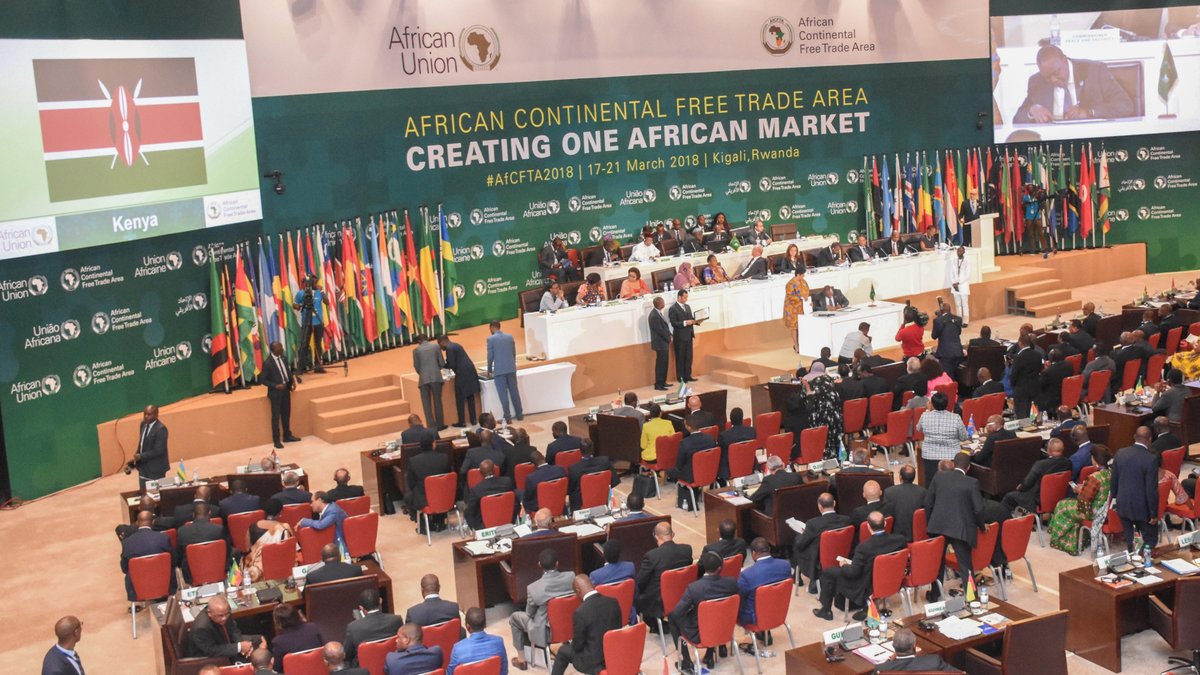Rising from the 2018 Africa Trade Forum (ATF) recently concluded in Lagos, delegates have agreed that while governments need to set a conducive environment through collective and coordinated actions for the successful implementation of the African Continental Free Trade Area (AfCFTA), the private sector should be the main driver of the scheme.
Participants also concurred to the fact that complementary interventions to boost competitiveness and reduce the high costs of doing business on the African continent would be crucial to ensure win-win gains from the AfCFTA – these will require proactive policies and programmes in the areas of infrastructure, financing, skills development, trade facilitation and quality infrastructure.
Economic Commission for Africa’s (ECA) Regional Integration and Trade Division Director, Stephen Karingi said in summing up the major takeaways from the Forum, that “In implementing the AfCFTA we must also make sure not to forget MSMEs, women traders, smallholder farmers and informal cross border traders, who represent the majority of Africa’s trading community, and are crucial to driving poverty reduction efforts.”
Delegates further agreed the establishment of new business models, including renewable energy mini grids, was key to ensure efficient and sustainable access to electricity and help fill the existing gap.
Karingi further averred that “The recommendation is that we should promote new and reinforce existent sub-regional power pools within the continent.”

According to the participants, data was critical for the implementation of the AfCFTA. Countries, regional economic communities and the African Union Commission need to understand trade patterns to determine the correct strategies. Data is also central to the monitoring of the AfCFTA.
ECA’s regional director added that “Africa needs to design a data economy strategy to ensure that it is not vulnerable through data exposure caused by data storage in other regions. The combination of data and technology can address the challenges around formalisation of trade.”
Speaking at the forum, Rockefeller Foundation’s Vice President, Global Policy and Advocacy, Christine Heenan, emphasized the importance of partnerships in ensuring the AfCFTA was a real game changer in Africa.
She said an online poll commissioned by Rockefeller was very compelling with more than 83 percent of respondents from across the continent saying the AfCFTA was important for Africa’s development. The poll is open until December 31.
In his closing remarks AUC’s Trade and Industry Commissioner, Albert Muchanga said six African countries have not yet signed the AFCFTA but two were expected to do so by December.
Ambassador Chiedu Osakwe, Nigeria’s Chief Trade Negotiator, said to build a free trade area, Africa has to be at ease with the process of sincere debates on its trade policies and argued that “The European Union dealt with a lot of continuous debate for a long period of time. African countries need to work on consensus building, being at ease with challenges on ideas, methodologies and processes in order to be at ease with the negotiations process.”
On the next steps, Mr. Karingi said the ECA with financial support of the EU was offering technical assistance to support Member States in developing comprehensive AfCFTA National Implementation Strategies.
“These strategies will: Identify new opportunities for diversification, industrialization and value chain development; identify current constraints to intra-African trade which must be addressed; recommend steps required for each country to take full advantage of national, regional and global markets in the AfCFTA context; align to existing policy frameworks at the national, regional and continental levels; and adopt a nationally-driven multi-stakeholder participatory approach.








